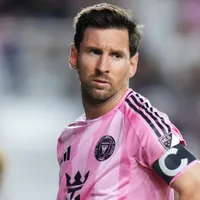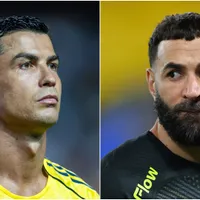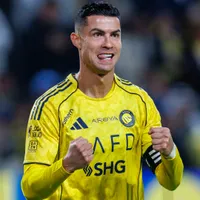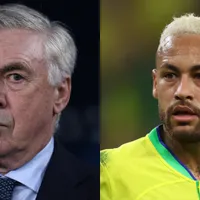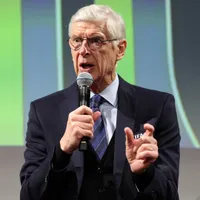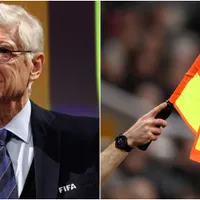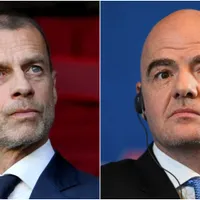The Saudi Pro League (SPF) has recently begun play after months of pursuing and signing high-profile European soccer stars at astronomical transfer fees. This season has more A-listers than any other since the league’s inception in 1976.
With Cristiano Ronaldo‘s arrival in January at Al-Nassr, Saudi Arabia began its ambitious plan to become a global football center. The Portuguese reportedly inked a two-and-a-half-year contract for more than $400 million at the start of the year.
In the wake of this, the Saudi league acquired some of the sport’s greatest stars, making for a transfer window that stunned the world. The next significant acquisition came in June when Real Madrid’s Karim Benzema joined Al Ittihad of Jeddah.
Sadio Mane, Riyad Mahrez, Jordan Henderson, and N’Golo Kante are some of the big players who have switched from Europe to the Saudi Pro League since then.
How much have SPF spent so far?
In June, four Saudi teams were purchased by the Public Investment Fund of Saudi Arabia. With such huge pockets, it seems that recruiting internationally recognized players who have played at the highest level of European soccer has been a primary objective.
Since then, the Saudi Pro League spent almost $900 million on transfer fees over the summer, putting them in second place after the English Premier League.
The eye-popping sums promised to entice players, particularly from top European clubs, are not included in the total.
What did UEFA president said of Saudi’s threat?
At the same time, the Saudis’ massive transfer expenditures to shake up the soccer establishment have raised concerns throughout European competitions. It has forced UEFA president Aleksander Ceferin to reject the Saudi Pro League as a danger, saying that it is committing the same errors as the Chinese Super League.
The way the Middle East teams are going about it, though, is “not the right way to do it,” in Ceferin’s opinion.
“It’s not a threat, we saw a similar approach in China. They bought players at the end of their careers by offering them a lot of money. Chinese football didn’t develop and didn’t qualify for the World Cup afterwards.
“That’s not the right way to do it. They should work on player and coach development, but that’s not my problem”, he told L’Equipe.
Photo credit: IMAGO / Sportimage

